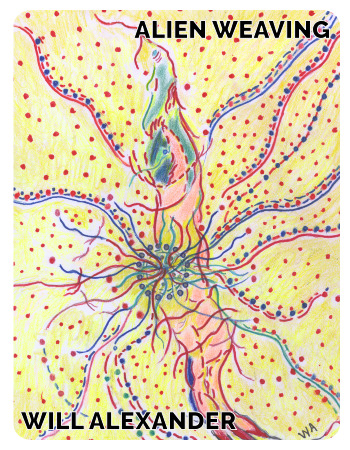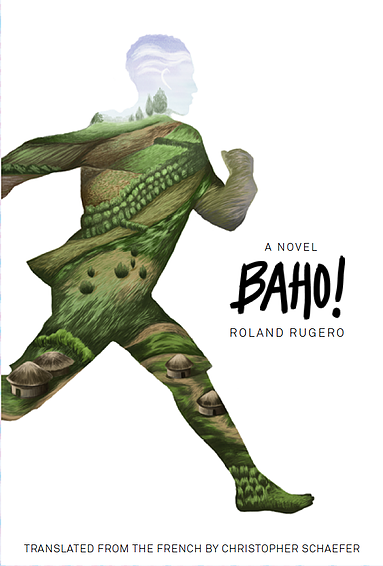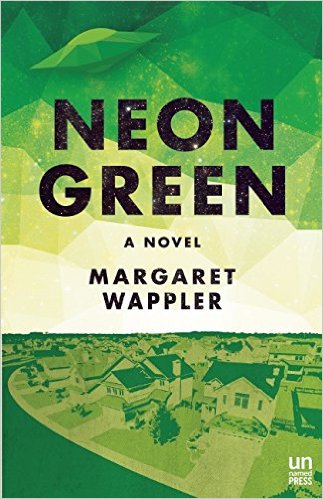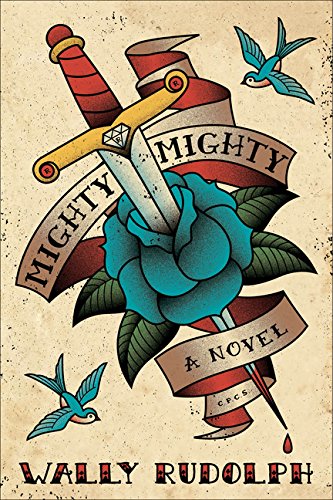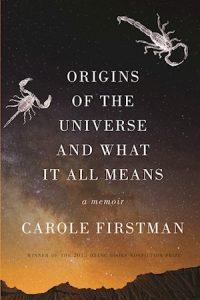 Origins of the Universe and What It All Means, by Carole Firstman
Origins of the Universe and What It All Means, by Carole Firstman
Mob justice, internet shaming, and the court of public opinion – we live in a time where much of what we considered private has been and will be exposed, for better or worse. Sometimes, it does tremendous good, shedding light on genuine evil that is operating in the shadows. Other times, it can be a thing of true cruelty, unfairly and brutally harming someone beyond what a transgression might actually call for. And often times we are wildly inconsistent about what we are or are not willing to excuse. The real failing in all of this comes when we fail to imagine people complexly, when we give in to the impulse to treat our heroes as infallible and our villains as inhuman. Carole Firstman’s Origins of the Universe and What It All Means stands in subtle yet brilliant contrast to that overly simplistic worldview, taking its readers to a place where they must consider the full extent of what it means to be human.
On the surface, Origins is a memoir. But much of the real substance of the novel lies in its exploration of cause and effect, particularly with regard to how they relate to the narrator’s self-image. The symbolic wealth present here is hard to overstate – the resonance of the biological tree of arachnids, the scientific descriptions of the effects of brain chemistry, and the repeated use of evolution to frame the narrator’s thoughts are clever and powerful. As we watch the narrator delve into her relationship with her father, we are very much presented with the daughter of a scientist, a daughter who has inherited his near obsessive need for methodology and objective pattern. She is detail-oriented and precise, turning over her memories again and again to look for patterns or new evidence. But she is also very much a daughter of her mother, a character who, while not receiving nearly as much exposure as the father, presents an influence just as strong as his. The narrator cannot simply excuse her father’s behavior, either as a consequence of his mental state or as the product of some ideology. She has strong, instinctual emotions, and an emotional intelligence that her father seems to lack, and she is forced to come to terms with the internal duality this creates.
Dad created a perfectly detailed but flat rendition of a non-human organism. He created the center of his montage universe. Mom created an imperfect portrait of the woman who came before us, a rendition that oozes with sharp-tongued personality.
Structurally, Origins does a fantastic job of using this duality again and again to energize everything from pacing to plot. Tangential memories are frequent and always feel vital to the main story being told, without feeling overt in their relevance. Deeply introspective and confessional moments are cut with descriptions of action that are allowed to speak for themselves. Conversations and other dialogue are used sparingly but usually with impeccable timing and layer upon layer of meaning. If the narration can be said to spare little expense in expounding on possibilities, then the dialogue can be said to be both minimalist and extremely effective. This efficiency extends to the chapters themselves, which are arranged to serve as both independent individual stories and part of a greater whole. Any one of these chapters could be excised from the text and presented as its own work to proper acclaim. And yet somehow the overall novel feels like a real novel, rather than an anthology. The chapters also manage to reinforce the clinical, scientific nature of the text. In their self-existence, they can stand as small specimens to be examined and studied.
The thing really being examined at the heart of Origins is the narrator’s relationship with her father, and the whole of the experience, from the reader’s standpoint, is beautiful and upsetting. There are several heartbreaking or genuinely uncomfortable moments where, were this a work of rote fiction, we would likely see the narrator’s father descend into some villainous madness. But there are moments where he is every bit a hero, whether in something small like picking up his daughter from school or something huge like saving her life in an earthquake. The narrator genuinely does not know “how to feel” about the man, and she seems to slowly come to a place where she realizes that she must feel all of it in order to remain honest. This in turn allows her to realize that she in turn is not the “protagonist” of existence, an understanding that most of us fail to acquire. Firstman’s use of this is exceptionally powerful in a first person novel, and watching her narrator understand that events happen, rather than happen to her, is valuable and profound.
Wait. I take that back. Truth be told, I actually do understand why he is the way he is. What I wonder is why I ended up with such a parent.
I think my favorite contradiction in Origins is the simple rejection of simplicity. Firstman does not attempt anything revolutionary with language or adorn her words with copious flourish. The narrative is relatively straightforward in a climate where experimental is increasingly the order of the day. But like the narrator, I was left humbled and appreciative of the fact that, despite my brain’s attempts otherwise, the universe and its meaning cannot be reduced down to basic concepts such as good and evil. The novel isn’t claiming that such concepts do not exist or are irrelevant, but it is pointing out that we all exist as a combination of those concepts, and many, many more.
Origins of the Universe and What It All Means is available now through Dzanc Books.


 Ford Over, by John Pluecker
Ford Over, by John Pluecker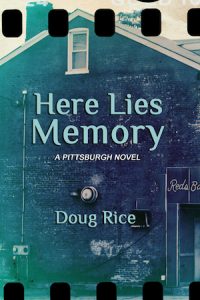 Here Lies Memory, by Doug Rice
Here Lies Memory, by Doug Rice

